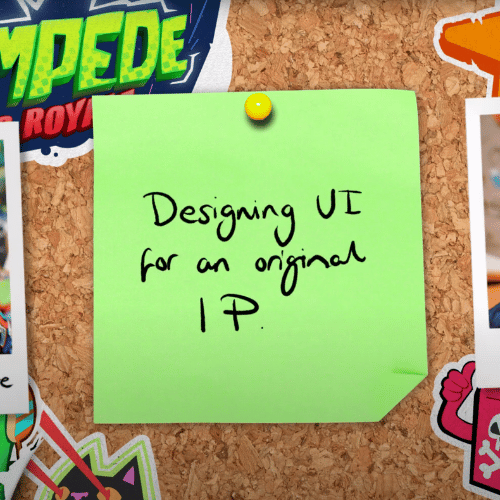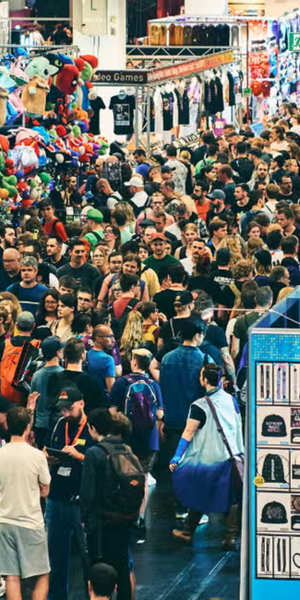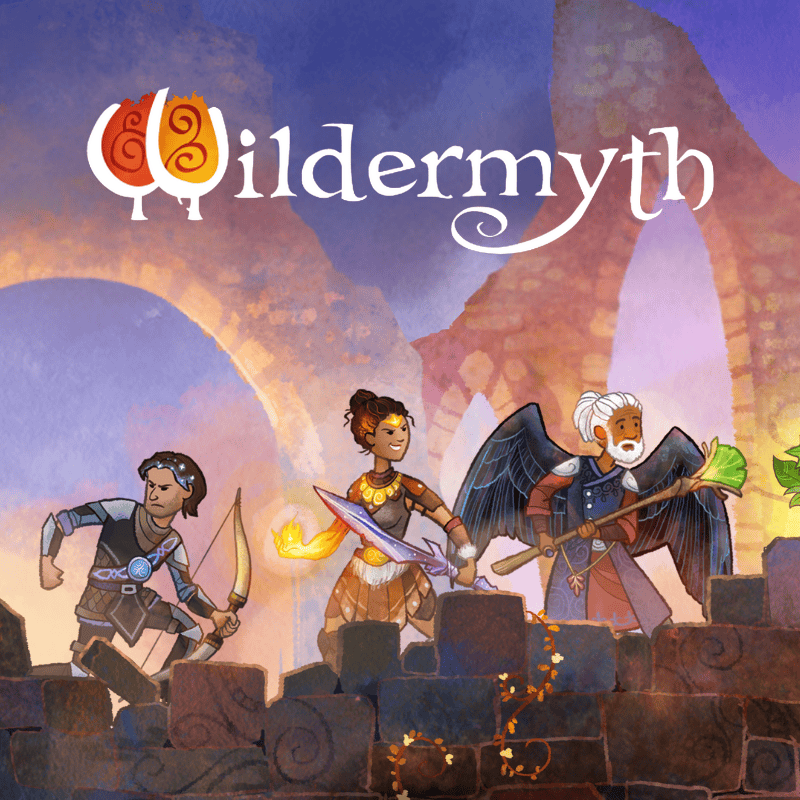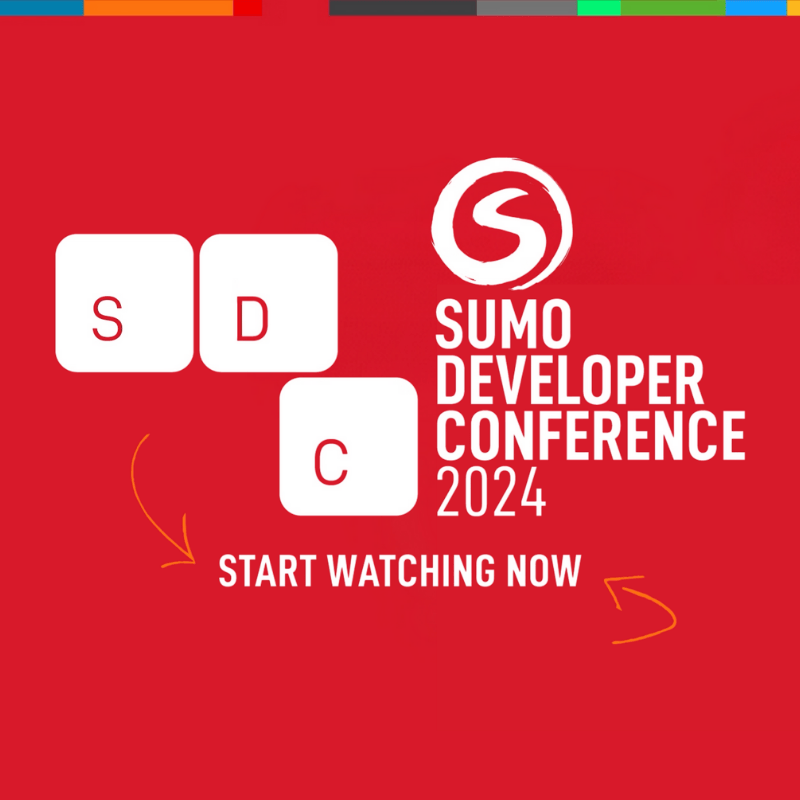Getting into the games industry can be very competitive. It might not be the easiest industry to get into, but it can be a very rewarding and exciting career. I’ve put together a list of 10 things you can do to stand out from the crowd and get that first games job!
1. Make a strong portfolio
Portfolios are really important, and you should try and make yours the best that you can! I used to use WordPress and Adobe Portfolio, and while these are great for simple portfolios, I found myself trying to work around limitations of the tools.
So instead I used JekyllThemes.org to find a template I liked and built it up from there. It’s super easy! You can customise your website to your hearts content, as you’ve got all the code! I used GitHub Pages to host my portfolio – which is also free!
Your portfolio should showcase one specialism. It needs to be clear what area of games development you specialise in, and not be cluttered with unnecessary information. For example, if you’re applying for a programming job, a recruiter won’t have time to look at your art – but nothing is stopping you from having multiple separate portfolios!
2. Create some blogs
Blogging is a really great ways to show your process of development, and that’s what someone who’s hiring wants to see! They want to see how you deal with everything from problem solving to planning.
I recommend writing blogs during development or making notes alongside your projects, even if it’s bullet points in a notebook. That way you won’t forget things when it comes to writing everything up.
There are many different ways to blog- you can write personal blogs like diary entries, or something more formal, or even create your own step-by-step tutorials. It’s all a great way to show your processes!
3. Mentor others
A great way to learn is by teaching!
This doesn’t have to be anything formal, it can just be free volunteer work, but it’s something I really recommend you try and do within your specialism.
For programmers, I recommend looking into teaching younger students how to make their own games. The popular children’s gaming platform Roblox is great to use for mentorship, as it uses the programming language Lua, which you can learn and teach. It’s very easy to pick up if you already know how to use Unity or Unreal Engine.
If you want to teach art, it might be fun to set up a workshop with a student that involves studying the concept art from their favourite games and creating pieces inspired by them.
Mentoring is also a great way to gain experience if you’re aspiring to be a senior or lead in the games industry. These roles often include taking juniors and interns under your wing, so mentoring can be a really useful way to learn important teaching skills that will serve you well throughout your career in games.
4. Attend conferences
Conferences are great fun! They also teach you so much – there are talks from people in the industry, roundtables, workshops and opportunities to network. They’re ideal places to make connections.
I highly recommend EGX and Develop: Brighton. I enjoy these every year, they’re both in the UK and the tickets aren’t too expensive either.
5. Create a LinkedIn profile
If you haven’t already – join LinkedIn and start connecting with people!
LinkedIn is a great social media platform, and lots of games developers are on there. It’s just like a professional version of Facebook, and it’s a really useful place to find games jobs, network and share what you’ve been up to professionally.
6. Join game jams
You want to be a games developer, so you should make games! Game jams are great; you get together with either a team of friends, new acquaintances or go solo, and you have to make a game within a tight timeframe – usually only one or two days! Teaming up with new people is the best as it’s a great way to make friends who are as passionate about games as you are. You can be an artist for the team, a programmer, or do a bit of everything! It’s an excellent way to build skills and add to your portfolio.
You can find out more about game jams on itch.io
7. Create projects beyond your college/university work
If you want to get into games, you’ve got to show how passionate you are! Filling your portfolio only with work from university or college shows that you don’t really do games development outside of school.
It’s very obvious when someone’s portfolio only includes work from college and university, especially when you’re a recruiter looking at several portfolios all referencing work from the same curriculum. Remember all of your classmates have the same themed projects in their portfolio as you do!
Adding personal projects related to your specialism can really help you stand out from the crowd -whether that’s making your own game, learning another programming language, or writing a blog about how you made a model.
8. Network
Chat to games developers! If you find a developer working in a role that you’re interested in, don’t be shy! Send them a message, ask them about their job, strike up a conversation. You can do this online and in person at conferences or events.
Many studios ask their employees for recommendations for new roles, so it’s always worthwhile to make friends in the games industry.
9. Volunteer at events
Volunteering is another great way to network, as well as showing your enthusiasm for the industry and gaining valuable experience. You can display your game at a games event, help out at conference booths, volunteer to help students in schools or even take part in games-related podcasts.
10. Think of job applications as a to-do list
Reading job applications really helps you understand what you need to do to get the games jobs you want. Use them as a guide – build your portfolio and experience to fit those dream roles!
And while you’re looking – why not apply?
You might think it’s too early to apply for a job in the games industry whilst you’re still studying, but it’s not! Apply anyway – the worst thing they can say is ‘no.’ I applied to places while I was still at college, and some companies had very useful feedback for me that I was able to reflect on and use.
Most of all, getting into games is all about showing how passionate you are, and using opportunities to build your skills wherever you find them.
Are you looking for your first job in the games industry? We have roles available at all levels across the Sumo studios. Check out our careers page to see if we have the right role for you.



 Vampire The Masquerade: Bloodlines 2
Vampire The Masquerade: Bloodlines 2 Exoborne
Exoborne Mars Horizon 2: The Search for Life
Mars Horizon 2: The Search for Life














